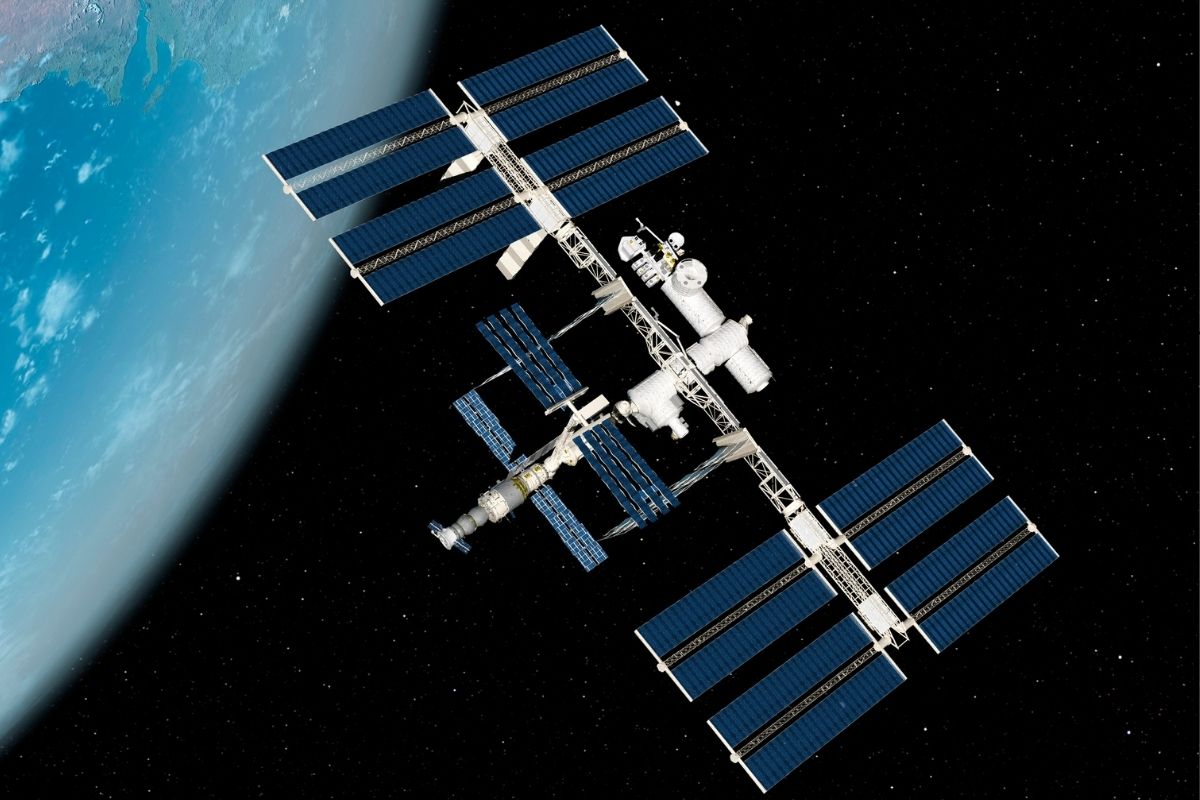The wearable technology will test the way neurological changes happen in low Earth orbit.
Brain.Space, an Israeli tech start-up, has developed a helmet that will be sent to the International Space Station (ISS) to measure the neurological impact of being in low Earth orbit.
The helmet will be tested in the ISS’ US segment once the Axiom-1 private astronauts are aboard.
The Axiom-1 astronauts are slated to stay on the ISS for a 10-day mission. The Brain.Space helmet will be one of a total of thirty experiments that will be taking place there during the Rakia Mission.
The mission is a critical testing phase for the company’s helment, which was designed to monitor the neurological changes in the brains of astronauts as a result of their presence in space. The devices will be sent to the ISS with the liftoff of the Axiom-1 mission on April 3. Transportation will take place on a SpaceX Falcon-9 rocket.
The company’s goal is to use the helmet to better understand neural changes that occur from prolonged space missions and fill existing gaps in that knowledge. That information could prove vital to assessing the plastic changes that can occur within the brain over time in space. It can also help to better understand the impact on the brain from long-term space travel, such as what would occur from a trip to Mars.
The Brain.Space helmet is a portable EEG headset recording differences in cognitive performance.
The helmet involves the use of a portable electroencephalography (EEG) device that will record cognitive performance differences in 1G (on Earth) and in microgravity (on the ISS) when the wearers are exposed to similar stimuli.

“We actually know that the microgravity environment impacts the physiological indicators in the body. So, it will probably impact the brain and we would like to monitor that,” said company CEO Yair Levy, as quoted in a recent Reuters report. The statement also pointed out that by being able to conduct an analysis on brainwave function with the Brain.Space helmet, researchers can build a more solid understanding of how space crew neuro-health can be monitored and how cognitive diagnoses can be made.

